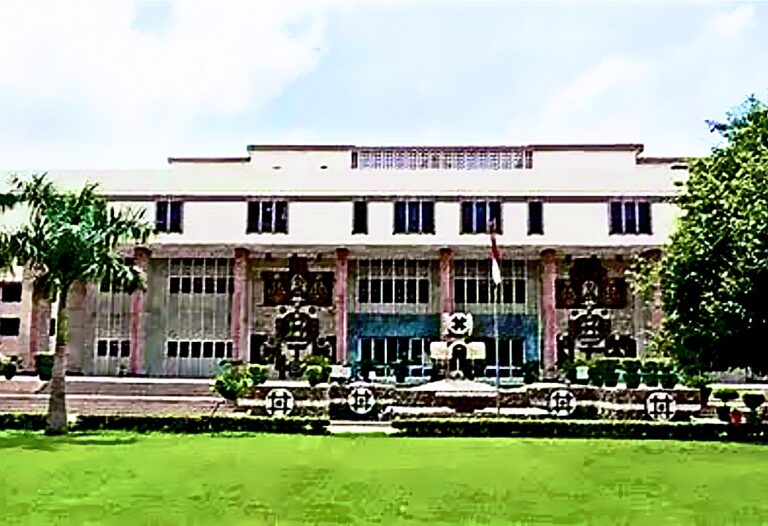This judgment of court reaffirms that individual components of an SCN must be adjudicated separately unless explicitly quashed.
The Delhi High Court has ruled that if a Show Cause Notice (SCN) is quashed on one issue, it does not imply that other demands within the SCN are not subject to adjudication. This landmark decision was delivered by the bench of Justices Prathiba M. Singh and Dharmesh Sharma in the case of Principal Commissioner, Central Tax Commissionerate, GST Delhi West v. M/S Alkarma (SERTA 3/2025).
Key Highlights of the Judgment
- A division bench of the High Court had previously quashed the SCN concerning duty on the free supply of materials.
- The Customs, Excise, and Service Tax Appellate Tribunal (CESTAT) discharged the entire SCN following this ruling.
- The High Court clarified that quashing one part of the SCN does not nullify other components, such as service tax shortfalls, education cess, and secondary and higher education cess.
- The Court emphasized that these other demands must be adjudicated based on facts and applicable law.
Background of the Case
The assessee was engaged in civil construction and availed CENVAT credit on inputs and input services, leading to the issuance of an SCN and subsequent demand.
The Supreme Court had ruled in favor of the assessee, stating that the value of free supplies should not be included in the gross taxable value for service tax purposes. Subsequently, the Adjudicating Authority quashed the SCN entirely and dropped the proceedings. The Revenue, challenging this order, approached CESTAT, which upheld the quashing of the SCN in its entirety.
Also Read: Allahabad High Court: GSTN Absence in Supplier’s Certificate Not a Valid Reason to Deny ITC
Revenue’s Argument
The Revenue contended that:
- The SCN raised multiple demands on different grounds, not just the free supply issue.
- The earlier Division Bench judgment only addressed the free supply aspect and did not adjudicate on other tax liabilities.
- The Adjudicating Authority erred in concluding that all proceedings should be dropped.
Assessee’s Argument
The Assessee argued that once an SCN is quashed, no further proceedings can continue under the same SCN.
High Court’s Ruling
The High Court observed that the earlier Division Bench judgment permitted the Department to proceed further in compliance with Era Infra Engineering Ltd. vs. Union of India (2016), which excluded the value of free materials. Therefore, the Court ruled that the Adjudicating Authority and CESTAT were incorrect in assuming that quashing one issue in the SCN nullified the entire notice.
Conclusion
This judgment reaffirms that individual components of an SCN must be adjudicated separately unless explicitly quashed. It provides clarity on the scope of adjudication in tax disputes and reinforces that multiple demands within an SCN remain enforceable unless specifically addressed by a higher authority.
Legal Representation
- For the Appellant (Revenue): Ms. Anushree Narain, Sr. SC with Mr. Ankit Kumar, Advocate
- For the Respondent (Assessee): Mr. Kamal Aggarwal, Advocate
This ruling sets a crucial precedent in taxation law, ensuring that taxpayers and the Revenue have clear guidelines regarding the adjudication of multiple demands within an SCN.
READ MORE
GST Registration Cannot Be Denied Based on State of Origin: Andhra Pradesh High Court
